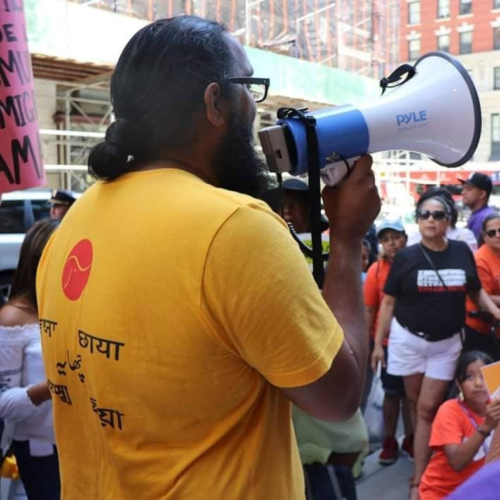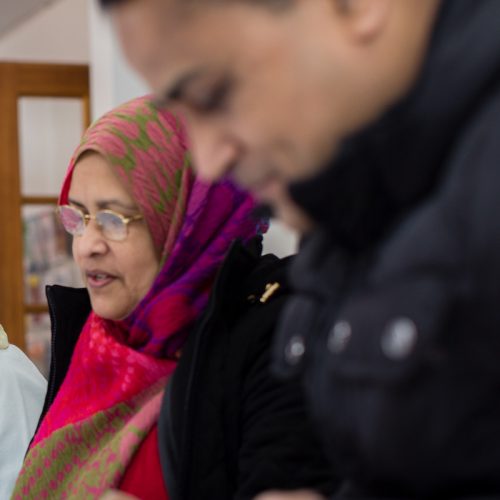
Support Chhaya CDC in building the power, housing stability, and economic well-being of South Asian and Indo-Caribbean communities in New York City. Donate Today!
Between 1990 and 2000, New York City gained 114,000 apartments that were not reflected in the official number of certificates of occupancy the City granted for new construction or renovation.
Chhaya CDC and the Pratt Center for Community Development wrote a report identifying these “phantom apartments” as the city’s housing underground: units that have been created in spaces that are not officially approved for living. They include private homes that have been cut into rooming houses, two-family homes with unauthorized basement apartments that house an illegal third family, unapproved residential conversions of commercial lofts, and other types of unlawful construction.
The report shows that these units are predominantly located in neighborhoods on the outskirts of the city in Queens, Brooklyn, and the Bronx. In these communities, populated by large numbers of recent immigrants, the existence of unauthorized apartments is controversial. Many neighbors view these units as a drain on neighborhood services. The people who live in these units, understandably, see things differently. For them, these units are a necessary crucial resource in a city sorely lacking in affordable alternatives.
The Pratt Center and Chhaya outline how this fact provides the city government with an opportunity. It is possible to legalize these basement units while ensuring public safety, restricting additional density under the zoning code, and ensuring that no neighborhoods will be unduly burdened with overcrowded schools and services. This would allow many of these units, which are currently outside city rules and potentially dangerous to tenants, landlords, and the communities around them, to be made safer and to become part of the city’s formal housing stock.
Chhaya CDC and the Pratt Center offer the following recommendations to bring unauthorized units into the city’s regulatory system. This report, published in 2008, gives historical insight into the ongoing crisis of affordable housing in New York City:
Stay informed. Sign-up for Chhaya's newsletter.






Main Office:
37-43 77th St, 2nd Floor, Jackson Heights, NY 11372
Contact: 718.478.3848; info@chhayacdc.org
Press: press@chhayacdc.org
Richmond Hill Center:
121-18 Liberty Avenue, 2nd Floor, Richmond Hill, NY 11419
Contact: 718.374.3371; info@chhayacdc.org
Press: press@chhayacdc.org
Copyright 2022 by Chhaya Community Development Corporation. All rights reserved. Chhaya CDC is a 501(c)3 non-profit organization.